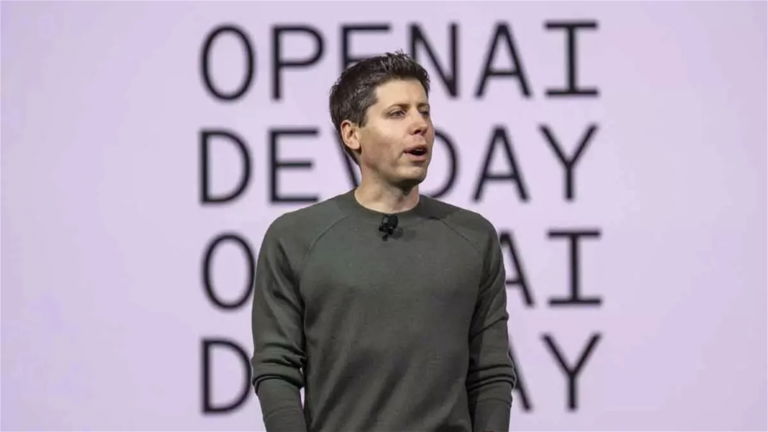
For the last 18 months, OpenAI has been the most beautiful dancer. From the company, from its flagship project ChatGPT, from the multimillion-dollar support from Microsoft that resulted in the creation of Copilot and the whole huge soap opera of Sam Altman’s dismissal have caused rivers of ink to flow about the company, its projects and its dirty laundry.
But not only that. At the business level, many have tried to copy OpenAI’s success and invest in generative AI models with which to make the next splash, which has led us to a situation in which the craze for AI has reached heights that foreshadowed that, sooner or later, the bubble would burst.
As fast as its rise was, as hard as the fall will be
As reported by ITPRO, an analysis indicates that the bubble may begin to burst at one of its most striking points. OpenAI could file for bankruptcy over the next 12 months due to the exorbitant expenses the company has incurred since its explosion in the big picture.
It is true that they have the support of a giant like Microsoft, but it is also true that during this year they would have spent 8,500 million dollars on aspects inherent to research (about 7,000 million in this item) and on staff salaries (about 1,500 million additional). It should be noted that it is estimated that keeping ChatGPT running costs about $700,000 per day.
This fortune is a huge contrast with other competitors such as Anthropic, which is projected to spend “only” 2,700 million euros in the entire fiscal year. It is not a small amount of money but, when the figure is compared to that of OpenAI, they are certainly more conservative numbers.
All of OpenAI’s spending is huge, while what they receive in return doesn’t even cover the expenses: $3.5 billion in revenue. With these results in hand, it can be concluded that, at least on paper, OpenAI is a loss-making company. And all this counting on the fact that they have discounted access to Mcirosoft Azure services as part of their business relationship with Redmond. The latter, by the way, have invested billions of dollars in the company, despite concerns about its long-term viability.
The problem is not only OpenAI’s, but affects the entire AI industry according to the media. Investors in the industry’s top companies are starting to wonder if they will ever receive a return on the money they deposited.
The reality is that generative AIs have not managed to generate a critical mass of subscribers who use them on a recurring basis, who do not go beyond testing their capabilities or staying with the free version of the product. According to reports, experts believe that generative AI has not provided solutions for companies and that, therefore, there has been no need to pay for it.
Are we facing the beginning of the end? Perhaps this statement is a bit exaggerated. What is not much doubt is that AI companies are going to have to rethink their approach and business model in the near future.

Comments